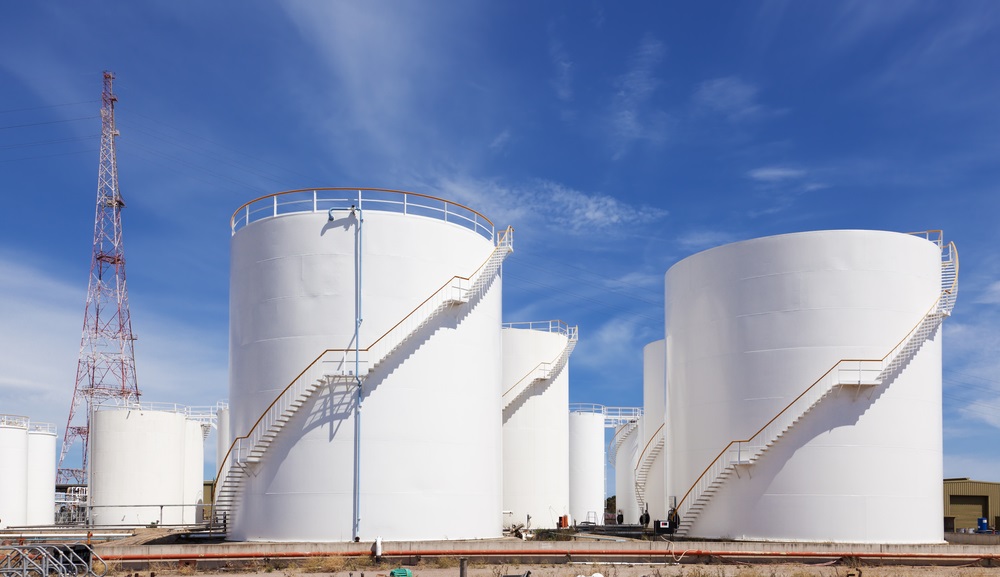Underground storage tank inspection in Indiana is essential for ensuring environmental safety and public health. These tanks, which often store hazardous substances like fuel or chemicals, can degrade over time, leading to leaks that cause significant harm. Ignoring regular inspections can lead to soil and water contamination, health risks, and long-term environmental damage. Let’s explore the critical consequences of neglecting these inspections, focusing on areas like contamination risks, wildlife impact, legal repercussions, and the lasting damage to Indiana’s environment.
A Silent Danger Beneath Our Feet: Soil and Water Contamination
One of the most immediate risks posed by neglected inspections is soil and water contamination. Leaks from underground tanks can release toxic substances such as gasoline, oil, and various chemicals into the environment, where they seep into the soil and groundwater.
-
Groundwater pollution: Indiana relies heavily on groundwater as a source of drinking water. Contamination from underground tanks can make water unsafe for consumption.
-
Spread of contaminants: Once pollutants are in the soil, they can travel far, affecting nearby rivers, lakes, and streams.
-
Agricultural impact: Contaminated water and soil can negatively affect Indiana’s farming industry, leading to unsafe crops and harming livestock.
-
Impact on recreational water use: Leaks can also affect public and recreational areas. Contaminated lakes and rivers may become unsafe for swimming, fishing, and boating, disrupting both community life and tourism, as well as posing health risks to those using the water for recreation.
The difficulty in cleaning up contaminated groundwater means that the effects of such leaks can persist for years, jeopardizing not just natural resources but also economic stability.
Toxic Leaks, Toxic Lives: The Health Hazards of Neglected Inspections
Neglecting underground storage tank inspections doesn’t just harm the environment—it directly threatens public health. Hazardous substances released through leaks can find their way into drinking water or soil, leading to serious health problems.
-
Exposure to toxic chemicals: Chemicals like benzene, toluene, and xylene are often found in fuel leaks and pose significant risks. These chemicals are known carcinogens and can cause:
-
Cancer
-
Liver and kidney damage
-
Neurological disorders
-
-
Contaminated drinking water: If hazardous substances enter the groundwater, communities relying on wells could unknowingly consume contaminated water, leading to long-term health effects.
-
Respiratory issues: People living near contaminated sites may also suffer from respiratory problems due to inhaling fumes from volatile chemicals released into the air.
Ignoring inspections can make these public health hazards more likely, affecting both urban and rural populations across Indiana.
Ecosystems in Peril: How Tank Leaks Devastate Indiana’s Wildlife
Indiana’s diverse ecosystems, from wetlands to forests, are highly vulnerable to the impact of leaks from underground storage tanks. Contamination of soil and water disrupts these ecosystems, leading to widespread harm to local wildlife.
-
Aquatic life: Contaminated water can lead to the death of fish, amphibians, and other aquatic species. Polluted rivers and lakes can devastate local fish populations, affecting not just the species themselves but the animals that rely on them for food.
-
Soil toxicity: Toxic chemicals in the soil can kill plant species, reducing biodiversity and disrupting food sources for herbivores. This can lead to further imbalances in local ecosystems.
-
Wildlife poisoning: Birds and mammals that drink contaminated water or consume poisoned prey are at risk of poisoning themselves. Over time, this can lead to population declines or even species extinction in heavily impacted areas.
Without regular inspections, the risk of harming Indiana’s wildlife grows, with potentially irreversible effects on the state’s biodiversity.
The Cost of Non-Compliance: Legal and Financial Fallout
Failing to comply with state and federal regulations regarding underground storage tank inspections can have serious financial and legal consequences.
-
Hefty fines: Companies or individuals who neglect inspections or fail to report tank leaks can face steep fines from state agencies and the Environmental Protection Agency (EPA).
-
Cleanup costs: If a leak occurs, the responsible parties are often required to pay for the environmental cleanup, which can run into the millions depending on the severity of the contamination.
-
Legal action: Beyond financial penalties, tank owners can face lawsuits or even criminal charges for negligence or repeated non-compliance.
-
Damage to reputation: Companies that fail to maintain their storage tanks may struggle to secure future business contracts, and public trust in their operations can erode.
These penalties are meant to enforce responsibility and protect the environment. However, the financial and legal risks of ignoring these inspections can be devastating for businesses and individuals alike.
Damage That Lasts: Long-Term Environmental Consequences
The environmental consequences of neglected underground storage tank inspections can last for decades, creating lasting damage to Indiana’s natural landscapes and ecosystems.
-
Persistent contamination: Once pollutants enter groundwater or soil, they can remain for years, even decades. Some chemicals, especially in groundwater, are nearly impossible to remove completely.
-
Ecological imbalance: The loss of plant and animal species due to toxic exposure can lead to the collapse of local ecosystems, where even small disruptions to the food chain can have widespread effects.
-
Reduced biodiversity: As species decline or disappear, biodiversity in affected areas diminishes, weakening the resilience of ecosystems against other environmental threats.
-
Harm to agriculture and tourism: Indiana’s farming and tourism industries, both of which rely heavily on clean soil and water, can suffer long-term economic damage due to contaminated environments.
The long-lasting effects of environmental contamination aren’t just a problem for today—they could impact generations of Hoosiers to come, changing the landscape of Indiana for the worse.
Safeguarding Indiana’s Future: Why Action is Urgent
The risks of ignoring underground storage tank inspections in Indiana are clear and far-reaching. From the contamination of vital water and soil resources to the endangerment of public health and local wildlife, the stakes are high. The fines and penalties alone are enough to make businesses and individuals think twice, but the long-term environmental damage adds a layer of urgency that cannot be ignored.
Indiana’s future depends on proactive action—ensuring that underground storage tanks are regularly inspected and maintained can prevent environmental disasters before they occur. Protecting Indiana’s natural resources and the health of its residents should always be a priority, with regular inspections playing a critical role in safeguarding the environment for generations to come.

